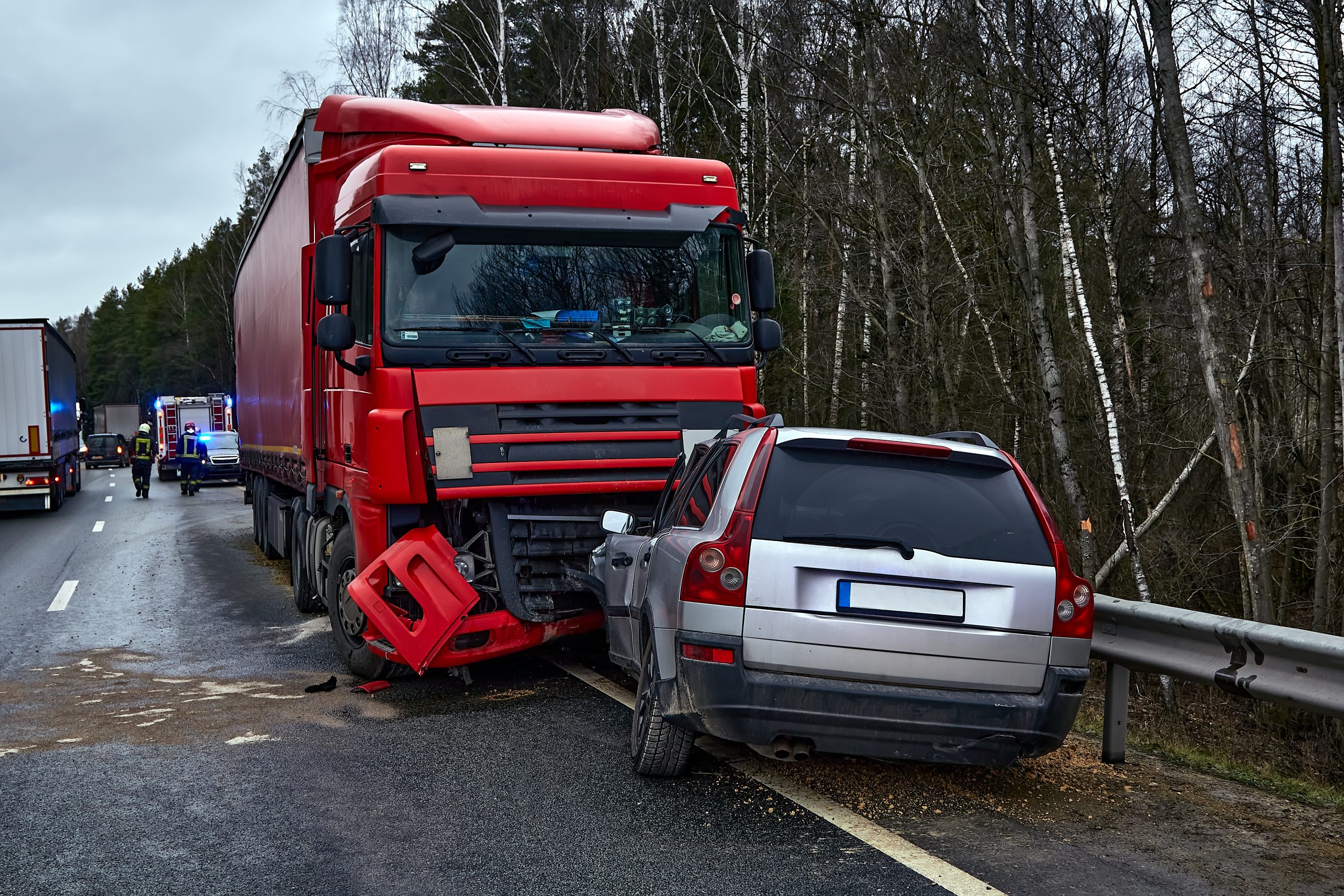
Truck collisions can cause immense harm, resulting in severe personal injuries, substantial property damage, and emotional distress. When faced with the aftermath of injuries from a trucking collision, it becomes essential to comprehend the legal proceedings and the significance of having a skilled attorney by your side. Within this article, we will examine the anticipated litigation process for trucking collision cases and the invaluable role that a lawyer plays in safeguarding your rights.
Initial Consultation and Case Evaluation
Trucking collisions are unique events with a myriad of variables and factors that could impact the viability of your injury claim. Therefore, it is important to consult with an attorney experienced in handling trucking collision cases.
Upon your initial consultation, your attorney will assess the potential merits and viability of your case. They will thoroughly examine pertinent information such as police reports, medical records, evidence from the collision scene, truck, and truck driver, witness testimony, etc.
Gathering Evidence/Establishing Liability
One of the most essential elements of assessing viability of pursuing a trucking injury claim is the collection of evidence to bolster your case. Many truck collisions are caused by driver fatigue (they often drive too long without a rest), poor truck maintenance, over or underweighted loads, etc.
Your attorney will carry out a comprehensive investigation to gather all pertinent evidence. This may entail acquiring data from the truck’s black box, obtaining surveillance video footage, driver logs, truck maintenance records, and any other relevant documents that can help prove the truck driver and/or his employer responsible for the collision and your resulting injuries. In addition, they might consult with experts in accident reconstruction and/or Human Factors to recreate the scene and ascertain the cause of the collision.
Negotiating with Insurance Companies
By retaining the services of an attorney experienced in handling trucking injuries, you can level the playing field when dealing with insurance companies known for employing strategies to minimize their payouts and safeguard their bottom line. Entrusting all communication and negotiation to your lawyer guarantees that they will handle interactions with the insurance company on your behalf. Their primary objective will be to secure a just and appropriate settlement that compensates you for your injuries, medical bills, lost wages, and the physical and emotional distress you have endured. In the event that the insurance company denies liability or doesn’t offer you fair compensation, your attorney should be ready to file suit.
Filing a Lawsuit and Court Proceedings
Most attorneys will schedule a pre-litigation meeting with you before actually filing suit. At that meeting, your attorney will discuss the litigation process and all that it entails, as well as laying out both the strengths and weaknesses (if any) of your case. Initial litigation strategy will be discussed and agreed upon. Thereafter, the law firm will draft your “Complaint” and file it with the Court, thereby initiating court proceedings. All lawsuits involve a period of “Discovery,” during which each side gets to learn things about the other side’s case. This will likely include procuring the truck driver’s daily logs and the truck’s maintenance records, and depositions of you, the truck driver, trucking company representatives, doctors, and any other “experts.” A deposition is a sit down question and answer session under oath and in the presence of a court reporter. Your attorney will meet with you prior to your scheduled deposition to help prepare you for it. And your attorney will be sitting next to you during it.
Throughout the litigation process, your attorney will diligently advocate for your interests, present evidence, question witnesses, and present arguments to opposing counsel, and if necessary to the jury and judge. Their primary objective will be to secure a favorable outcome and strive to maximize your compensation. They will work tirelessly on your behalf.
Expert Testimony and Legal Strategies
Trucking collisions often call for expert testimony to determine responsibility for the collision and the extent of damages. Your attorney will collaborate with accident reconstruction specialists, human factors experts, medical professionals, economists, and other relevant experts. Their professional opinions will help bolster your case as they strategize and construct a strong argument tailored to the specific details of your situation.
Mediation and Settlement Discussions
Just because a lawsuit is filed does not mean that your case will proceed all the way to trial. There are numerous chances to reach an amicable settlement along the way. Cases often settle after an exchange of some initial “discovery.” Cases often settle after string “deposition” performances.
At some point during or after “discovery” concludes, the parties will often agree to private mediation. In this setting, the involved attorneys agree to retain the services of a private mediator, usually an attorney or retired judge known and respected for their objectivity and fairness. The parties agree to split the cost of the Mediator’s hourly fee. Mediations usually take up half, or an entire, day. The parties are separated and the mediator shuffles between both parties, trying to get them to a middle ground that each side can live with.
Alternatively, the parties may agree to request a court ordered settlement conference, in which case the court randomly appoints a Judge Pro tem (a “temporary judge’) to preside over the settlement conference and serve as facilitator, which then mimics a mediation.
The difference between a settlement conference and a mediation is that the parties do not have to pay the Judge Pro Tem and because the Pro tem is a random appointment, their effectiveness and reputation for objectivity may not be on par with that of an agreed upon mediator.
The parties are not obligated to reach a settlement at mediation of a settlement conference, but cases that do not settle at mediation/settlement conference often settle in the weeks following a failed mediation/settlement conference. Settlements via a mediation or settlement conference can end up saving the claimant/plaintiff a substantial amount of money in terms of costs necessary to proceed to trial (most doctors and experts charge substantial amounts to testify at trial). In addition, settling at mediation or at a settlement conference eliminates the potential risks of proceeding to trial, where your fate is left up to a jury of twelve strangers often asked to award you more than they make in a year.
Trial and Verdict
In the event that your case proceeds to trial, your lawyer will diligently prepare your case and present it in court. They will employ persuasive strategies to convince the jury of the other party’s negligence and the extent of your damages. Throughout the trial, your lawyer will advocate for your rights, cross-examine witnesses, and provide strong legal arguments. The verdict will be based on the evidence presented, and your lawyer will guide you through every step of the process.
Conclusion
Pursuing a trucking collision case can be intricate and demanding. With the assistance of an experienced trucking attorney, you can navigate the legal intricacies, collect evidence, establish fault, negotiate with insurance companies, and present a persuasive case during settlement negotiations, and if necessary, in litigation (in court). An experienced trucking attorney will advocate for your rights, ensuring that you obtain the compensation you are entitled to for your injuries and damages. It is crucial to act quickly and seek legal counsel immediately after a truck accident to safeguard your rights and maximize your chances of a favorable resolution.
Book a Free Consultation With Our Trusted Trucking Injury Attorneys
As a victim of a Truck Collision in Arizona, our legal team at Lebovitz Law Group can help you get maximum compensation from the negligent party. We work on a contingency fee basis, meaning you don’t pay us until we win your case. Contact us today for a free case review. Call 602-975-5550.
Sort by Category
Related Posts
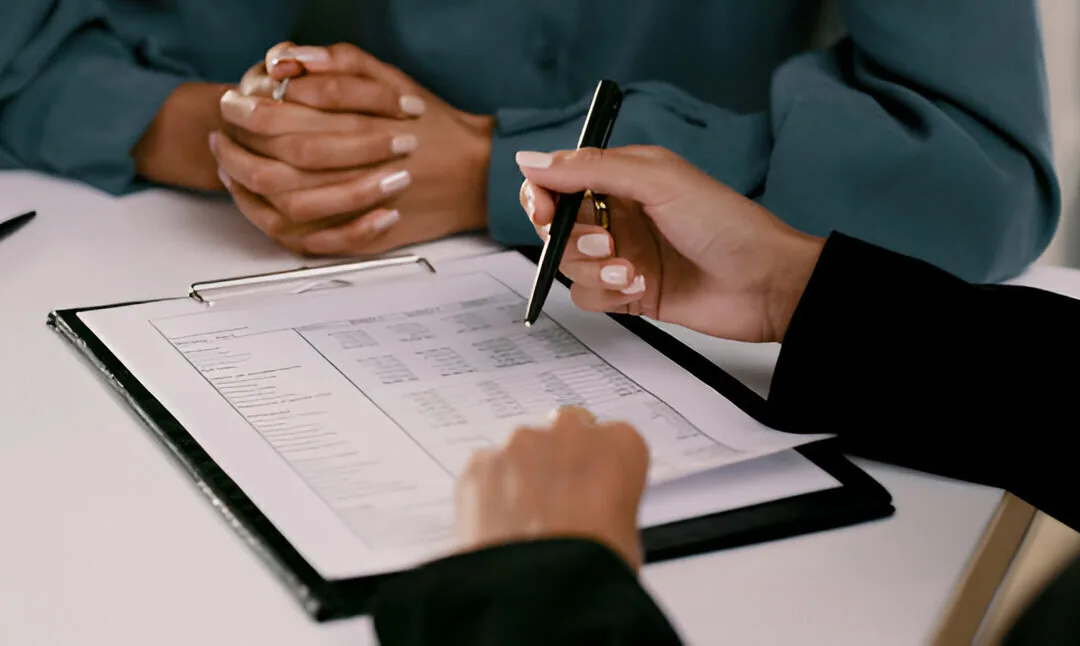
Navigating Subrogation Laws: Protecting Your Settlement from Insurance Liens
When you've been injured due to someone else's negligence, navigating the aftermath can be as daunting as the recovery process itself. Central to the complexities are subrogation liens, which significantly impact your personal injury case and the resulting settlement....

Did You Know This About Workplace Harassment Laws?
Workplace harassment is unwelcome behavior significantly disrupting an employee's work environment or personal well-being. When this behavior is based on protected characteristics like race, gender, or religion, it not only affects the individuals targeted but also...

Did Your Dentist Make a Mistake? How to Know When to Call a Dental Malpractice Lawyer
Dental malpractice is a sad reality that can have serious consequences for patients. It includes things like surgeries gone wrong, incorrect diagnoses, faulty dental devices, and mistakes in giving anesthesia. As a patient, you trust your dentist to give you safe and...
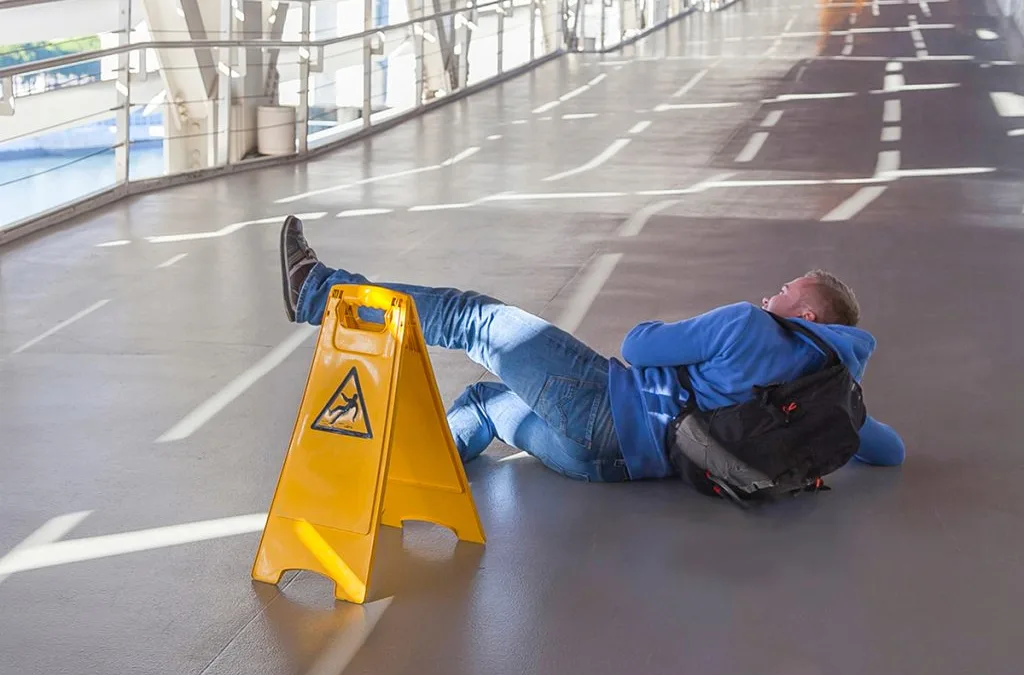
Save Time and Stress with These Tips for Choosing a Slip-and-fall Attorney
Slip and fall injury cases are accidents where a person slips, trips, or falls on someone else's property due to unsafe conditions. These accidents can cause severe injuries or even death, resulting in high medical costs, lost wages, and emotional suffering. These...
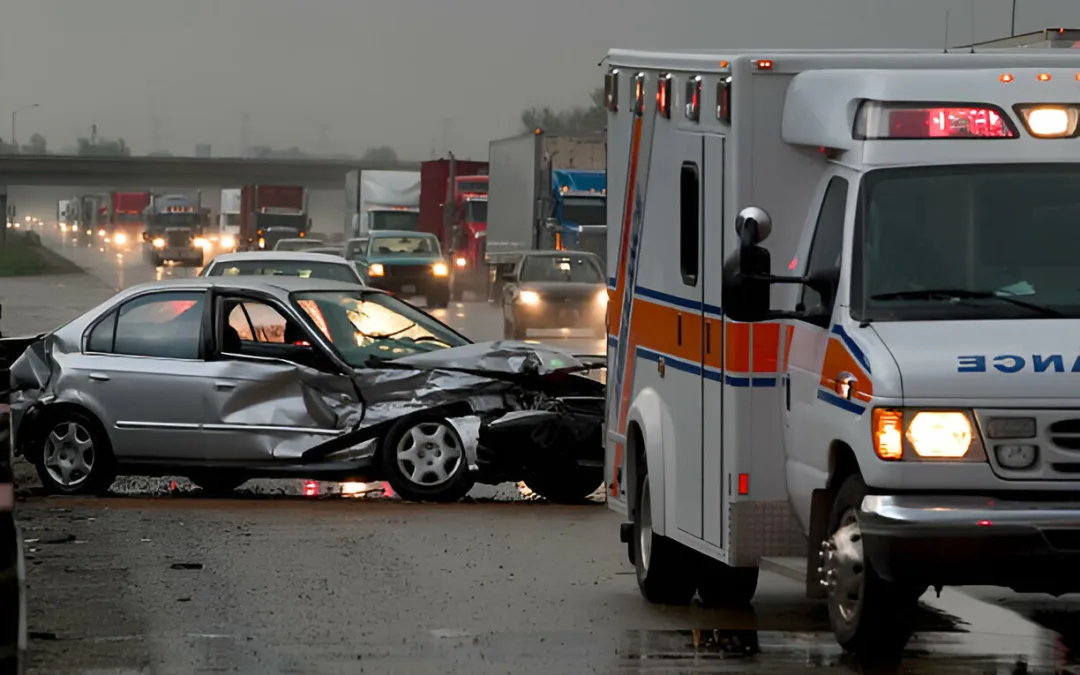
What to Do if You’re in a Car Wreck Without Insurance
Car accidents involving uninsured or underinsured drivers are more common than you might think, and they pose a significant challenge. When you're involved in a car wreck without insurance, the process of settling damages becomes complex. Having car insurance is...
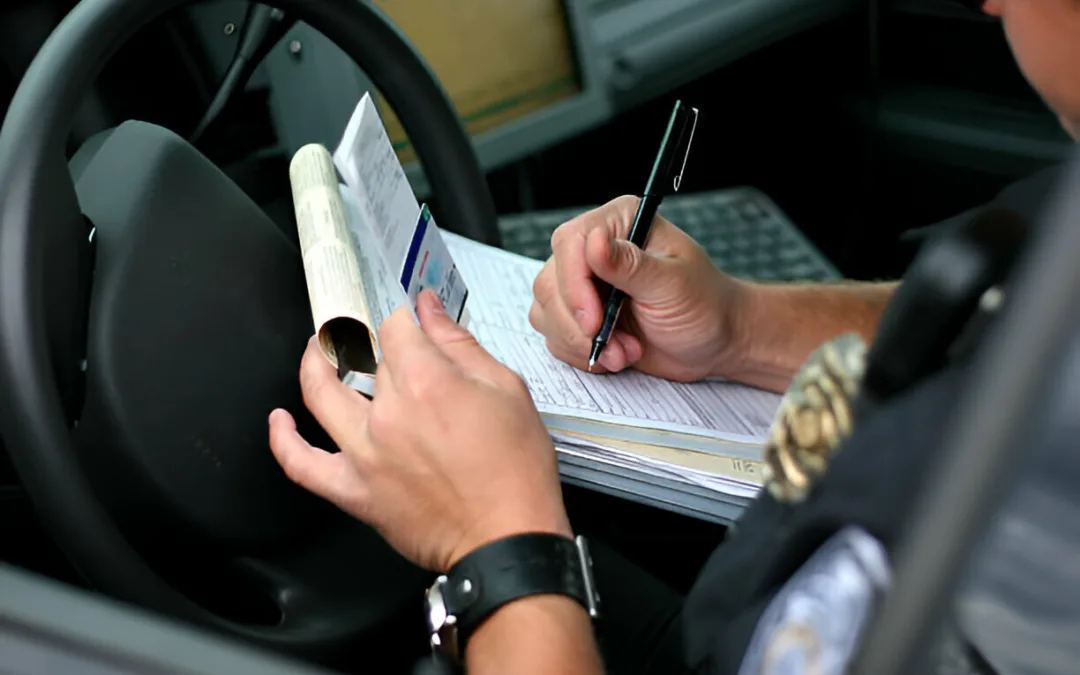
How to Get a Car Accident Police Report in Phoenix, AZ: A Complete Guide
Navigating the aftermath of a car accident can be daunting, especially when it comes to understanding and fulfilling legal and insurance obligations. One essential document you'll need is a car accident police report. This vital piece of evidence plays a crucial role...
